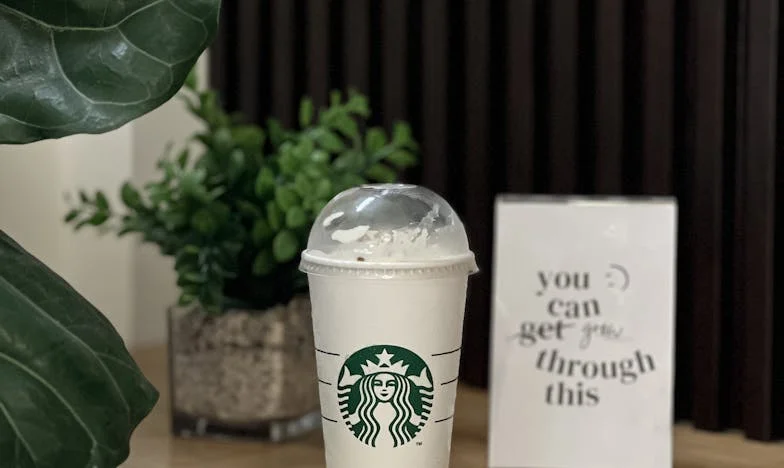Grandma’s Last Apple Pie: A Story of Forgetting, Love, and Loneliness
“You put the cinnamon in after the apples, right? Or before?” Grandma Evelyn’s voice trembled, her hand hovering above the spice jar. The kitchen, usually filled with laughter and the warm scent of her famous apple pie, now felt like a stage set for a tragedy I never asked to witness. Rain lashed against the windows. The clock on the wall ticked, each second dragging us closer to a Thanksgiving dinner neither of us was prepared for.
“After, Grandma. You always said after,” I replied, forcing a smile. My heart clenched. Last year, she’d scolded me for even asking. This year, she couldn’t remember her own secret.
She stared at the peeled apples, her brow furrowing. “I don’t know, honey. I—” Her voice faded. She pressed her palm to her forehead. “Why can’t I remember?”
I reached for her hand. “It’s okay, Grandma. We can do it together.”
But she pulled away. “No. I should know this. I’ve made this pie for sixty years. Your mother grew up on it. Your uncle begged for it every birthday. How—how can I forget something like this?”
I swallowed the lump in my throat and turned away, pretending to check the oven. I didn’t want her to see my tears. I didn’t want to see hers.
My mom, Lisa, burst in, arms loaded with groceries, her phone pressed to her ear. “No, Mike, I told you, you can’t bring the dog. Mom’s allergic. No, I’m not being difficult—” She paused, noticing us. “Everything okay?”
Evelyn smiled, but it didn’t reach her eyes. “Just having a little trouble with the recipe, that’s all.”
Mom’s face fell. “We can look it up. I’ll call Aunt Carol.”
“Don’t you dare,” Evelyn snapped, her old spark flaring for just a second. “I don’t need Carol’s help. She always overbakes the crust.”
The laugh that escaped was brittle, desperate. Mom and I exchanged a glance. Neither of us wanted to say what we were both thinking: this was the third time this month Grandma forgot something big. The car keys. The neighbor’s name. Now, her own apple pie. The slow, cruel thief of Alzheimer’s was stealing her away, memory by memory.
Dinner that night was a patchwork of awkward silences and forced cheer. Uncle Mike showed up late, without his dog, but with a six-pack and a new girlfriend. Aunt Carol brought her own pie. Grandma picked at her food, her eyes darting around the table like she didn’t quite recognize us.
After dinner, as the adults bickered in the living room, I found Grandma in her bedroom, staring at an old photo album. She traced a faded picture of a young man in a WWII uniform—my late grandfather. “He used to dance with me in the kitchen,” she whispered. “We’d turn up the radio and pretend the world outside was just fields and sunshine. He loved my apple pie. Said it tasted like home.”
I sat beside her. “Do you remember the recipe now?”
She shook her head, tears slipping down her cheeks. “I’m afraid I don’t remember much of anything, honey. Not anymore.”
That night, after everyone left, Mom and I stood by the sink, washing dishes in silence. Finally, she said, “We have to talk about next steps. She can’t live alone much longer.”
I nodded, but my stomach twisted. Grandma’s house was her world. The garden she tended, the kitchen where she baked, the porch where she watched the sunset—how could we take that away?
Two months later, the decision was made for us. Grandma wandered out in the snow, barefoot, looking for Grandpa. The police found her three blocks away, shivering and confused. After that, she moved in with us.
The transition was brutal. She grew angry, lashing out at Mom, accusing her of stealing or lying. Some days she refused to eat. Other days she sobbed, begging to go home. I tried to help. I read to her, baked with her, played old records. Sometimes, for a few golden minutes, I’d see the old Grandma—the one who ruffled my hair and called me her “little apple dumpling.” But mostly, she slipped further away.
One afternoon, I found her in the backyard, kneeling in the dirt, her hands caked with mud. “I was looking for the seeds,” she said. “I needed to plant the apple trees. He likes apples.”
I knelt beside her, hugging her tight. “It’s okay, Grandma. I’m here.”
The last pie we made together was a mess—burnt crust, too much sugar, apples sliced too thick. It didn’t matter. We ate it, laughing and crying. “Best pie I ever made,” she declared, mouth full.
A year later, she was gone. The house sat empty, the garden overgrown. On Thanksgiving, I stood in her kitchen, holding the old, stained recipe card I found wedged in a cookbook: “Evelyn’s Apple Pie.”
I baked that pie, hands trembling, tears falling into the flour. When it was done, I set a slice at her old spot at the table. I closed my eyes and tried to remember the sound of her laugh, the feel of her arms, the way her kitchen smelled on Thanksgiving night.
What do we really have when memories fade? Is it the taste of apple pie, a song on the radio, or just the ache of missing someone you love? Maybe it’s all of it. Maybe it’s enough. What do you think remains when everything else slips away?
